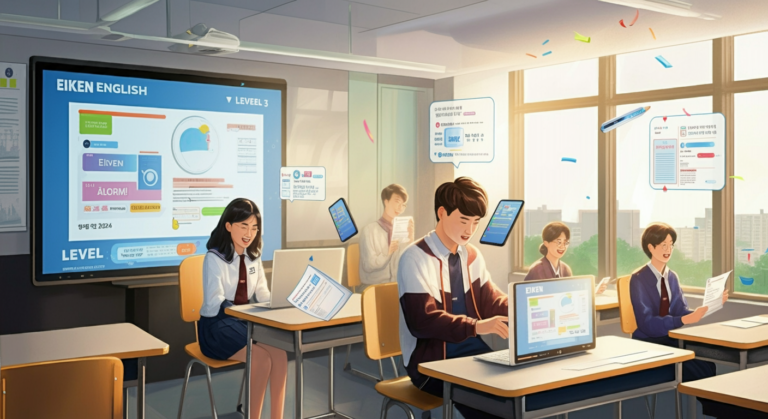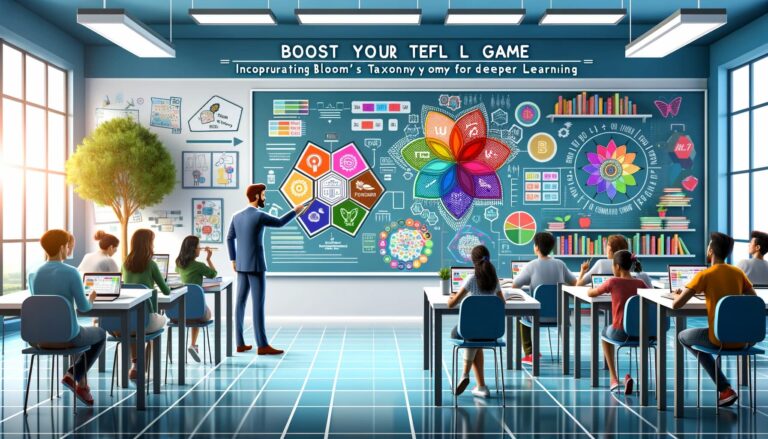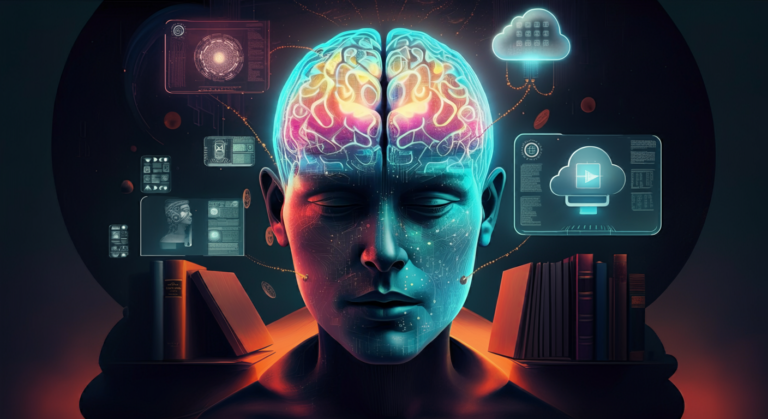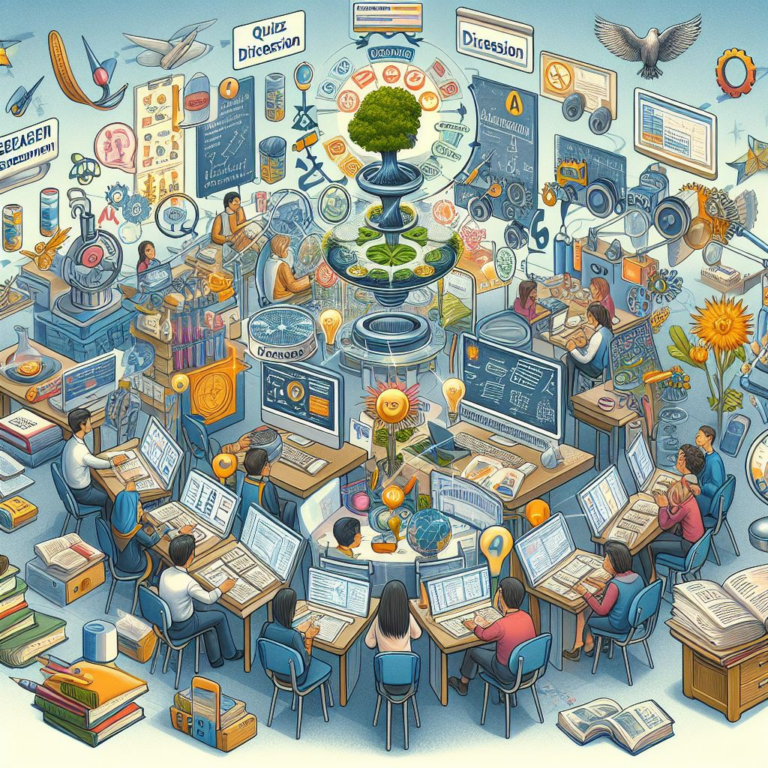AI and Language Learning
3 amazing AI tools for language teachers
AI-Generated Summary Podcast
One-Sentence Takeaway
- Integrating AI tools in classrooms enhances creativity, critical thinking, and engagement among students.
Summary
- Pilar Capal from Argentina discusses using AI tools in the classroom for job interviews.
Ideas
- AI tools can enhance traditional teaching methods by providing interactive and engaging lessons.
- Using multiple AI chatbots can yield different perspectives and answers to the same question.
- Students learn critical thinking by analyzing varying responses from different AI tools.
- Ensuring parental consent is crucial before using AI tools with students.
- Group work encourages collaboration and deeper understanding of AI’s role in education.
- Encouraging students to avoid loaded questions can lead to more objective and informative AI responses.
- Descriptive writing can be enhanced by integrating AI-generated images based on student descriptions.
- Students can develop interview questions, fostering creativity and engagement in learning.
- The activity encourages students to think about AI’s capabilities and limitations in real-world scenarios.
- Teachers can leverage social media platforms to share and gather teaching resources effectively.
Insights
- AI tools can transform classrooms into interactive learning environments that foster creativity and critical thinking.
- Engaging students in group activities enhances their understanding of AI’s practical applications in education.
- Effective communication about AI’s use in classrooms builds trust and understanding among students and parents.
- Descriptive writing skills can be enhanced through the integration of AI-generated visuals, making learning more tangible.
- Understanding different AI responses teaches students to appreciate diverse perspectives and develop analytical skills.
Quotes
- “Make sure that the relevant people know you are using these tools.”
- “The idea is to show students how AI can be a very good assistant.”
- “The aim of this activity is to show students how artificial intelligence can be a very good tool.”
- “Even if you ask the same questions, you are not always going to get the same answers.”
- “AI helps to generate ideas and make students pay attention to every detail.”
Habits
- Teachers should familiarize themselves with AI tools before introducing them to students.
- Encourage students to work collaboratively to enhance their learning experience.
- Regularly analyze AI responses to teach students about the variability in answers.
- Foster an environment where students feel comfortable asking for help and sharing ideas.
- Utilize feedback mechanisms to refine teaching strategies and improve student engagement.
Facts
- AI tools like ChatGPT and Gemini can provide diverse answers to the same question.
- Some AI tools require parental consent for users under the age of 18.
- Engaging students in the process of formulating questions can enhance their learning experience.
- Descriptive writing can be improved by using AI-generated images as a creative prompt.
- Teaching students about the potential biases in AI responses is important for critical thinking.
References
- Microsoft Bing Image Creator for generating images from text descriptions.
- ChatGPT and Gemini AI for interactive learning experiences.
- Teachers of English on Instagram for teaching resources and ideas.
- Google Classroom as a platform for sharing assignments and resources.
- Quizzes.com for creating interactive quizzes based on lesson content.
Recommendations
- Utilize various AI chatbots to expose students to different perspectives and enhance their analytical skills.
- Incorporate descriptive writing activities that leverage AI-generated visuals for deeper engagement.
- Emphasize the importance of data privacy and parental consent when using AI tools in education.
- Foster group collaboration to enhance learning experiences and build communication skills.
- Regularly assess the effectiveness of AI tools and adapt teaching strategies accordingly.






